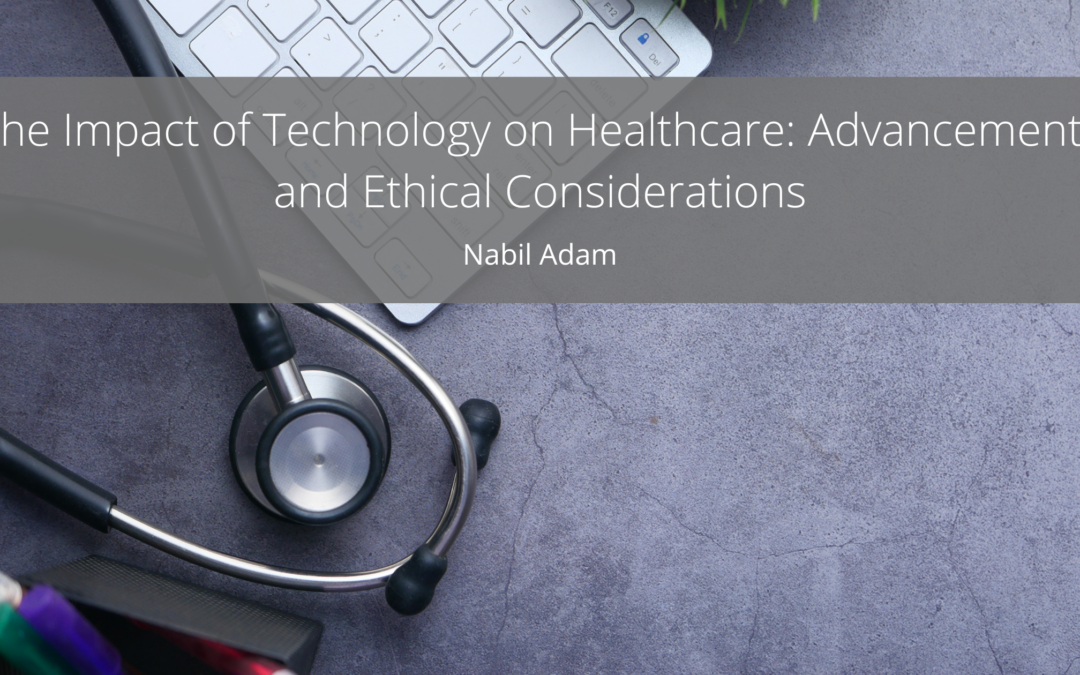Technology has transformed the healthcare industry, providing new ways to diagnose and treat various health conditions. However, as technology advances, it is vital to consider the ethical implications of these developments. Here is the impact of technology on healthcare, including the advancements and ethical considerations that come with it.
Firstly, technology has enabled significant advancements in healthcare, including the development of new medical devices, digital health records, and telemedicine. These technologies have improved patient outcomes and reduced healthcare costs, allowing for more efficient and effective care delivery. For example, telemedicine has allowed patients to receive medical advice remotely, which reduces the need for in-person visits and increases access to care for people in remote areas.
However, the use of technology in healthcare also raises ethical concerns. For example, using artificial intelligence (AI) in healthcare raises concerns about data privacy and bias. AI relies on data to make decisions, which can lead to discriminatory outcomes if the data is biased. Similarly, using personal health data raises concerns about privacy and security. It is crucial to ensure that patient data is protected and used ethically.
Another ethical consideration is the potential for technology to exacerbate health disparities. Technology can potentially increase access to healthcare for some groups, but it can also create new barriers for others. For example, people who do not have access to the internet or cannot afford digital devices may not be able to access telemedicine or digital health records, further widening existing health disparities.
Finally, the concern is that technology may depersonalize healthcare, leading to a loss of empathy and compassion. Technology has the potential to make healthcare more efficient, but it is essential to maintain sight of the importance of human interaction and kindness in providing quality care.
Technology has transformed healthcare, providing new ways to diagnose and treat various health conditions. However, as technology advances, it is vital to consider the ethical implications of these developments. We must ensure that technology is used ethically, does not exacerbate health disparities, and does not depersonalize healthcare. By addressing these ethical considerations, we can continue to advance healthcare while ensuring that patients receive the compassionate, high-quality care they deserve.

